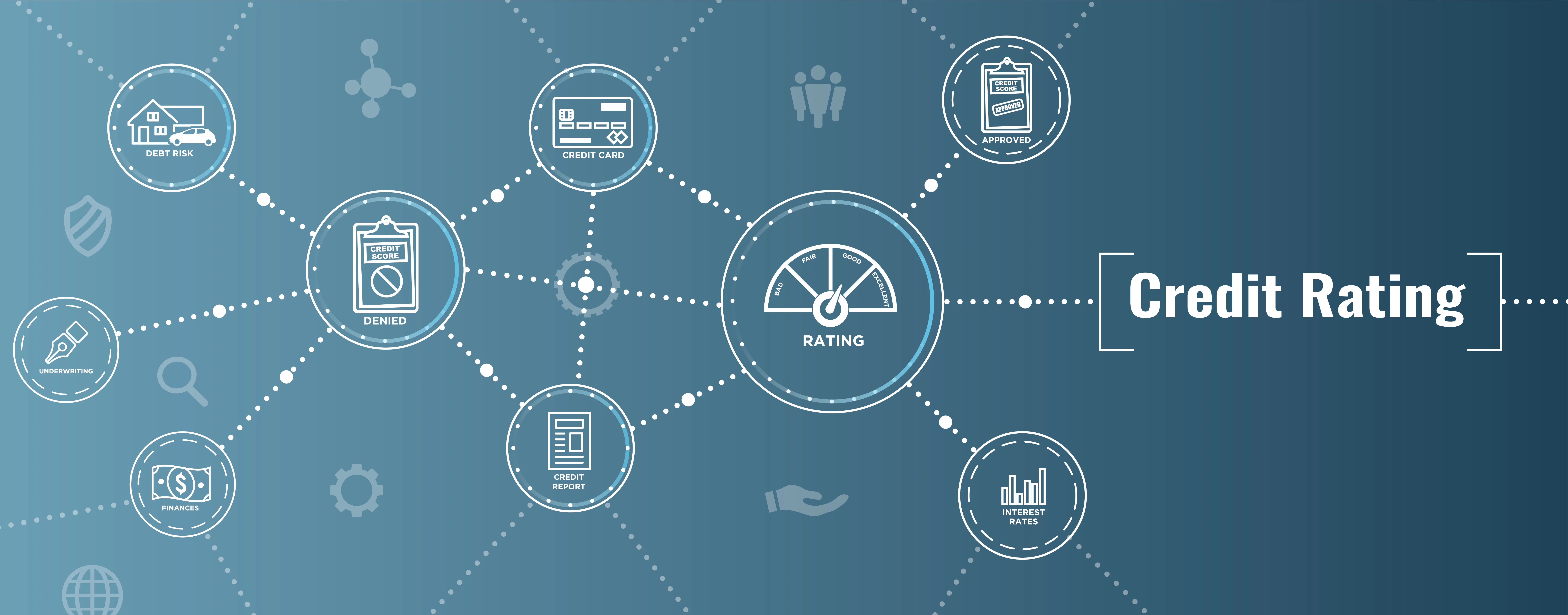
Credit: What is it, and how to strengthen yours?
Credit is a way for any financial institution or loan service to determine how reliable you are with repaying debts and managing debts. While this is a straightforward answer, it can become complex very quickly. There are a few main things that your credit score takes into consideration:
What does this mean in terms of how it affects your credit?
Payment History:
This is the proof you've paid your different bills on time. This is crucial to building and maintaining a strong credit score. The stronger your payment history, the stronger your credit. You want to avoid late or no payment wherever you can because if you show you're unreliable at repaying debts you owe, the lower your credit will drop with each month of no or late payment. However, a late payment is better than no payment, so if you run into a challenging situation one month and have to pay a bill late, it won't affect your credit as badly as not paying would. You can also talk to your lender to see about postponing your payment or how they would like to handle the late payment.
Credit Utilization:
This is how much of your available credit you're already using. A good rule of thumb is to utilize no more than 30-35% of the credit you have available to you. For example, if you have a credit limit of $10,000, you want to utilize no more than $3,000- $3,500 to show you are responsible with your credit and that you do not need credit to get by. Essentially the further past 30% you go with utilization, you're showing creditors you are living on credit which indicates you may not have enough money to repay any debt you take on further. This will not only prevent you from getting new lines of credit if needed, but it will also force your credit score lower and lower.
Length of Credit History:
This is the amount of time you've had any type of credit open. It's recommended you keep the longest credit card you've had or one that has been open for a similar length of time. Use it periodically or frequently; just don't let the account get closed out due to inactivity. While paying off your debt is significant, and ultimately the goal, letting all your credit lines close will cost you more in the long run. If you let all your credit lines close after a certain point without opening anything new, your credit will drop to 0. That can ultimately hurt your credit more than simply charging a few dollars to your credit card with the most history and paying it off each month.
The longer creditors can see you have a history with credit, the stronger your credit will be.
Credit Mix:
This is the various types of credit you have, such as a home loan, a car loan, an installment loan or a credit card. These are a few examples, but there are various types of credit you can use throughout your life. The more types you have experience with, the stronger your credit will be.
Essentially, this tells the credit bureaus you have experience working with different types of credit, making you seem like a more stable borrower since you're well versed in the various kinds of credit one can get.
New Credit Inquiries:
This is the last of the five that can make or break your credit. How many new inquiries you have is another important factor relating to your credit score. Each time you run your credit for an inquiry, it takes a hit. If you run it every once in a while, it won't damage your credit much, if at all, but if you run it frequently and are constantly applying for new lines of credit at different places, your credit score will drop drastically. This is because the more times you pull your credit in a short period, the more it gives the impression to the credit bureaus that you don't have the necessary funds to buy what you need. This can further indicate you may be living outside your means and may be unable to afford payments on other credit lines you have. While this may not be the case, it will appear to the credit bureau as such, ultimately harming your credit.
While credit is a complex system that takes many people months, if not years, to fully understand, knowing the basics and what affects your credit can help you start strong.
If you start with a strong understanding of what affects your credit, it is much easier to know how to build and maintain it for years to come. If you need a bit more guidance, make an appointment here with one of our certified financial counselors.
- Payment History
- Credit Utilization
- Length of Credit History
- Credit Mix
- New Credit Inquiries
What does this mean in terms of how it affects your credit?
Payment History:
This is the proof you've paid your different bills on time. This is crucial to building and maintaining a strong credit score. The stronger your payment history, the stronger your credit. You want to avoid late or no payment wherever you can because if you show you're unreliable at repaying debts you owe, the lower your credit will drop with each month of no or late payment. However, a late payment is better than no payment, so if you run into a challenging situation one month and have to pay a bill late, it won't affect your credit as badly as not paying would. You can also talk to your lender to see about postponing your payment or how they would like to handle the late payment.
Credit Utilization:
This is how much of your available credit you're already using. A good rule of thumb is to utilize no more than 30-35% of the credit you have available to you. For example, if you have a credit limit of $10,000, you want to utilize no more than $3,000- $3,500 to show you are responsible with your credit and that you do not need credit to get by. Essentially the further past 30% you go with utilization, you're showing creditors you are living on credit which indicates you may not have enough money to repay any debt you take on further. This will not only prevent you from getting new lines of credit if needed, but it will also force your credit score lower and lower.
Length of Credit History:
This is the amount of time you've had any type of credit open. It's recommended you keep the longest credit card you've had or one that has been open for a similar length of time. Use it periodically or frequently; just don't let the account get closed out due to inactivity. While paying off your debt is significant, and ultimately the goal, letting all your credit lines close will cost you more in the long run. If you let all your credit lines close after a certain point without opening anything new, your credit will drop to 0. That can ultimately hurt your credit more than simply charging a few dollars to your credit card with the most history and paying it off each month.
The longer creditors can see you have a history with credit, the stronger your credit will be.
Credit Mix:
This is the various types of credit you have, such as a home loan, a car loan, an installment loan or a credit card. These are a few examples, but there are various types of credit you can use throughout your life. The more types you have experience with, the stronger your credit will be.
Essentially, this tells the credit bureaus you have experience working with different types of credit, making you seem like a more stable borrower since you're well versed in the various kinds of credit one can get.
New Credit Inquiries:
This is the last of the five that can make or break your credit. How many new inquiries you have is another important factor relating to your credit score. Each time you run your credit for an inquiry, it takes a hit. If you run it every once in a while, it won't damage your credit much, if at all, but if you run it frequently and are constantly applying for new lines of credit at different places, your credit score will drop drastically. This is because the more times you pull your credit in a short period, the more it gives the impression to the credit bureaus that you don't have the necessary funds to buy what you need. This can further indicate you may be living outside your means and may be unable to afford payments on other credit lines you have. While this may not be the case, it will appear to the credit bureau as such, ultimately harming your credit.
While credit is a complex system that takes many people months, if not years, to fully understand, knowing the basics and what affects your credit can help you start strong.
If you start with a strong understanding of what affects your credit, it is much easier to know how to build and maintain it for years to come. If you need a bit more guidance, make an appointment here with one of our certified financial counselors.



